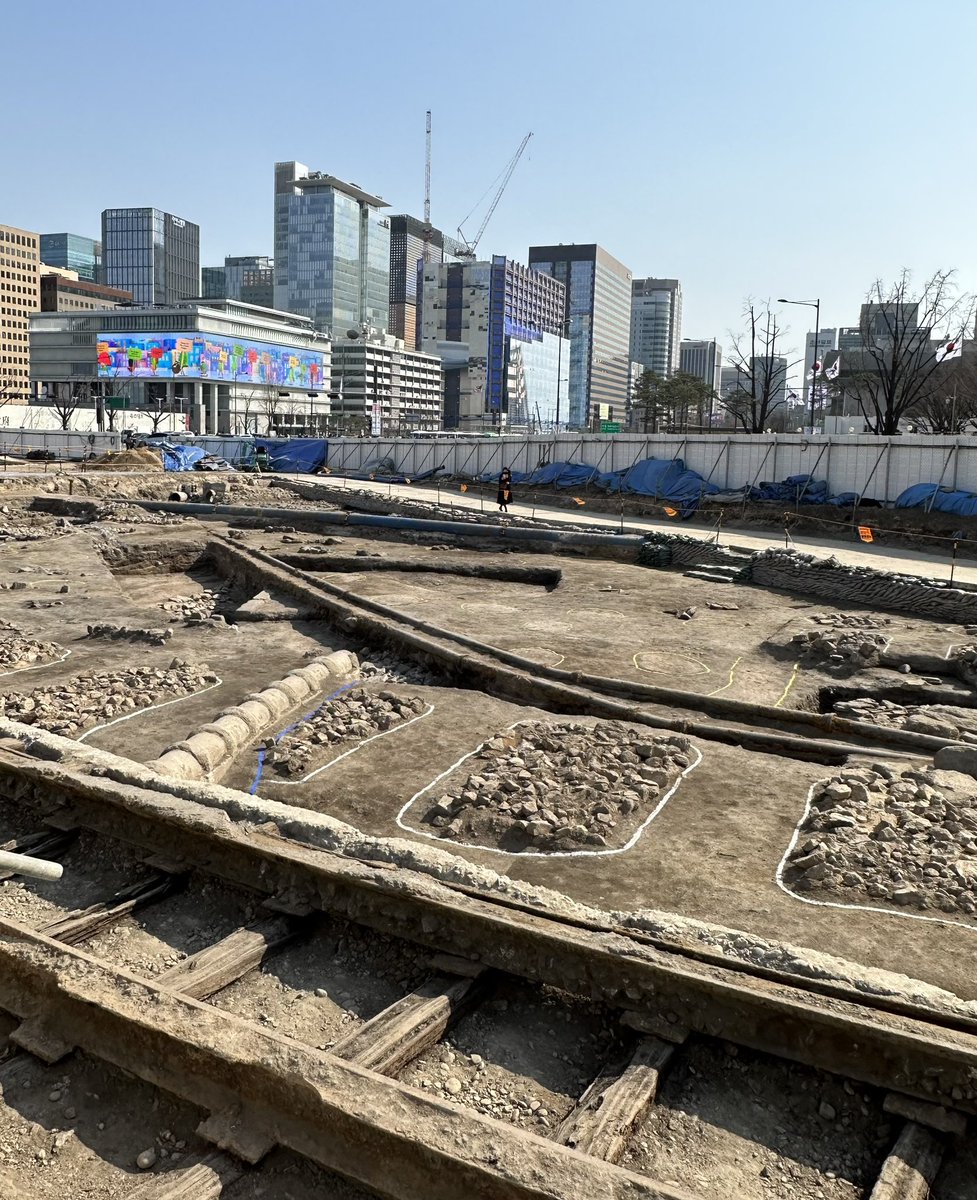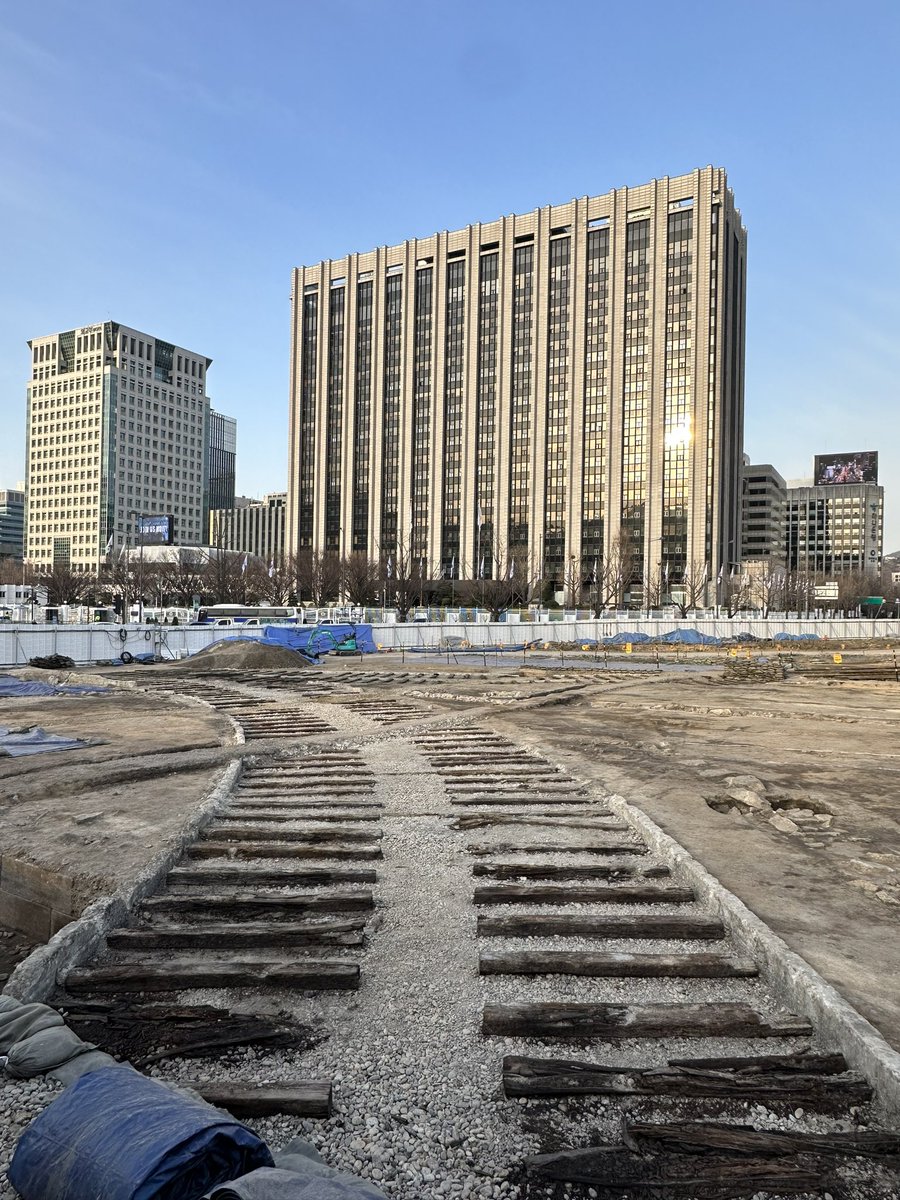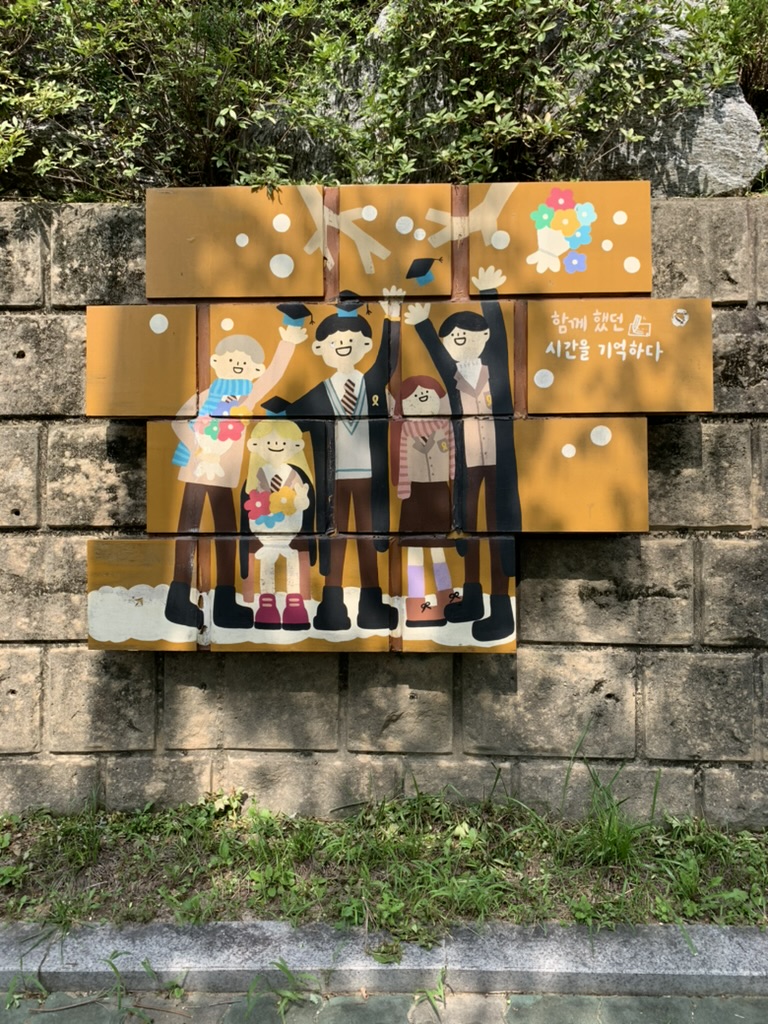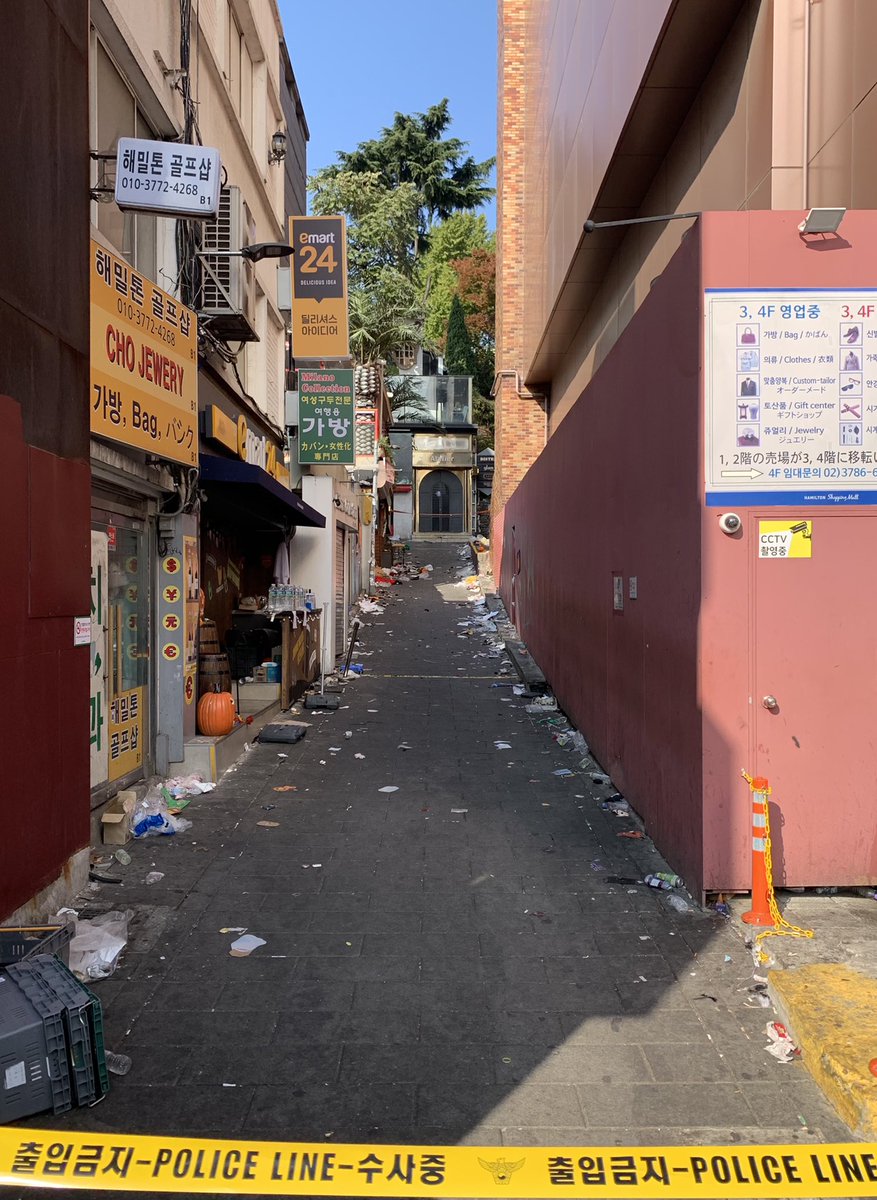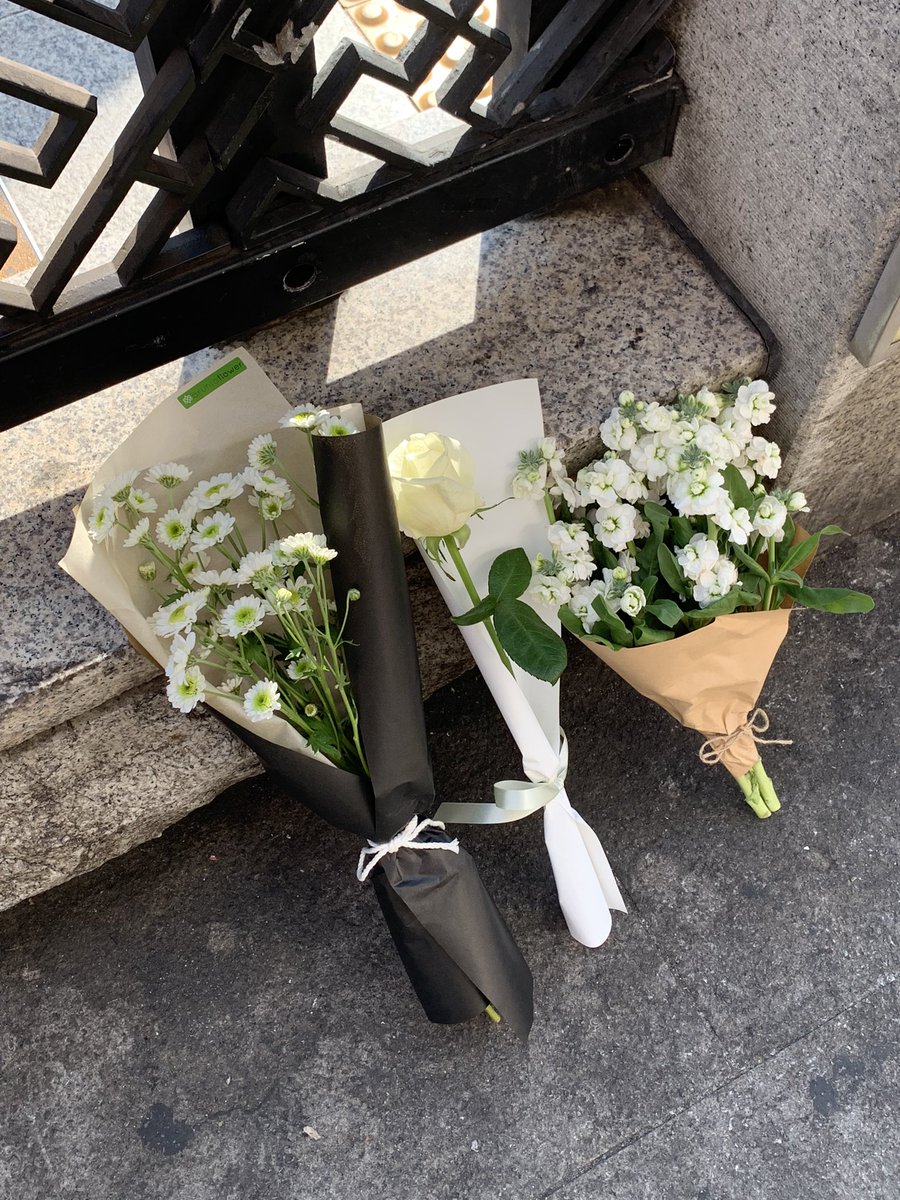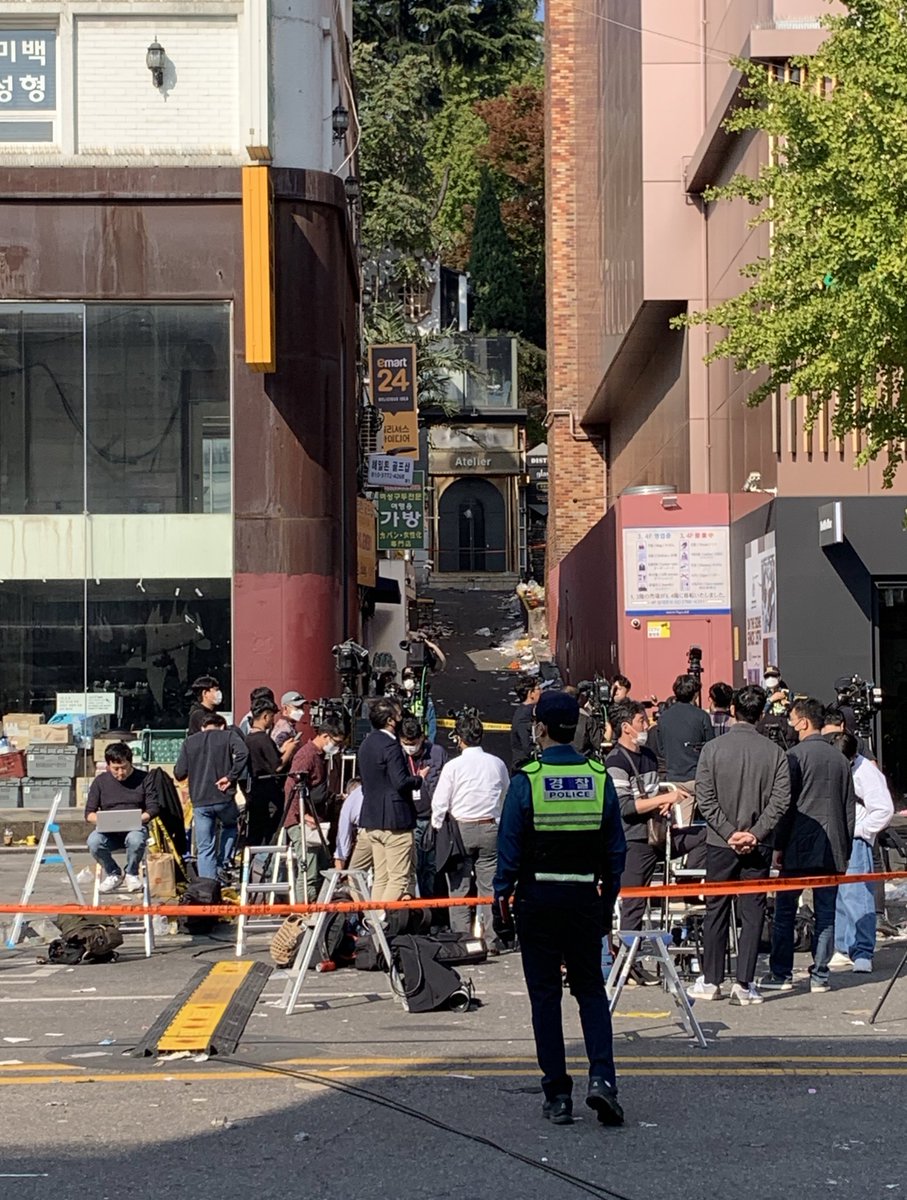On Monday, I went to Tongmunkwan in Insadong, Korea’s oldest antique bookstore. The owner’s grandfather, Lee Gyeom-ro, took it over from a Japanese proprietor in 1934. As you step inside, you are instantly overwhelmed by the smell of old paper. I found two fantastic photo books! 







Choi Min-Sik was born in 1928 to a poor Catholic peasant family in what is today South Hwanghae-do, North Korea. He moved to Seoul upon liberation, and after the war he smuggled himself to Japan where he had dreamed of studying art
While working in a 2nd-hand bookstore, he found a catalogue for “The Family of Man,” a monumental photography exhibit curated by the influential Edward Steichen, Director of #MoMA. This aroused his interest in photography, and led him back to KR where he took it up professionally
His photos were unsellable and disliked by those in power for they showed the dark underbelly on the Miracle on the Han River. Choi was often harassed by the KCIA and was even barred for travelling to his exhibitions in 7 European countries w/ the state denying him a passport. 







Top Left: Busan, Gwangbuk-dong, 1964
Top Right: ^, 1962
Bottom Left, Busan Tent Encampment under Gupo Bridge, 1962
Bottom Right: Busan, Bumin-dong, 1963
Top Right: ^, 1962
Bottom Left, Busan Tent Encampment under Gupo Bridge, 1962
Bottom Right: Busan, Bumin-dong, 1963
Children at Yeongdo Bridge in Busan (1965), Children in Namhae, Gyeongnam (‘65), Labourer in Busan (‘65), Eating at Jagalchi Market (‘65) 







Was fascinated by this picture. What is the story behind it? The caption says it was taken at Busan’s Jagalchi Market in 1972. The uniform on the man on the right is very similar to those of staff at the Brothers Home who rounded up vagrants with the help of police. 

The predecessor of the Brothers Home became a vagrant protection facility in 1971, four years before Interior Ministry Ordinance 410 so this could be the case.
All from Busan. Top left at the pier in 1967, top right is a beggar at the entrance of Yongdusan Park in ‘68. Bottom left is from ‘68 too and bottom right is from 1970. 







The anti-poverty measures carried out in Busan during the Park and Chun regimes were evil, and led to 100s of deaths. That said, these pics are truly helpful for my research on Korea’s anti-vagrant policies, helping me better understand the context in which they were enacted. 







Like Choi, Jeong Beom-tae was from what today’s DPRK . He was born in 1928 in North Pyongan. He passed in 2019, but worked as a photojournalist for over forty years, from the mid 50s to the late 90s, for a # of prominent newspapers including Chosun Ilbo, Hankook Ilbo, Segye Ilbo 






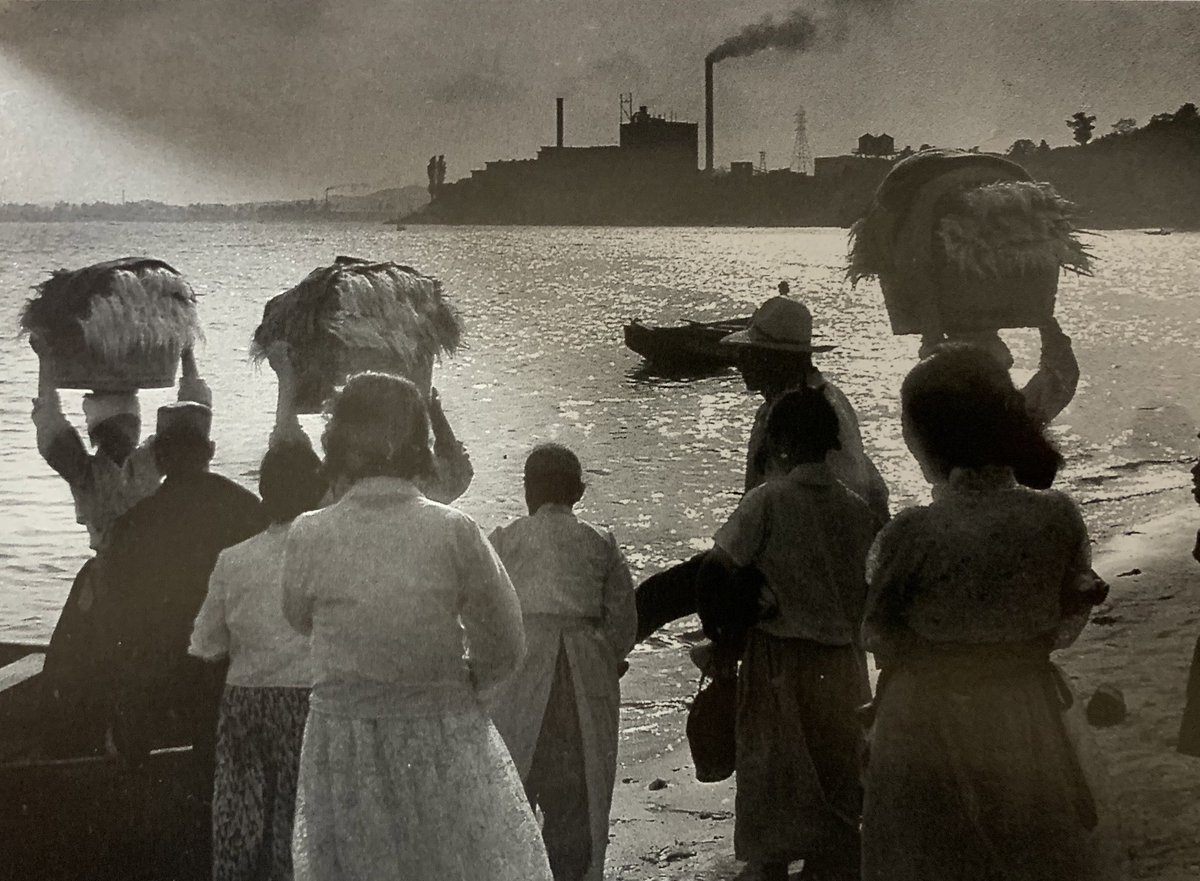
^ Clockwise from top left: Mapo-gu (‘57), Mapo-gu, Yeomri-dong (‘71), Mapo Ferry (‘59), Mapo-gu, Yeomri-dong (‘75)
1957 at Bukcheong Market in Seoul. A girl sits nonchalantly next to a set of steps filled with chicken feet, chicken heads, and fish heads 

This one, which won an award from the Asahi Shimbun in Japan, is just wow… A mother stands with her child before the Gyeonggi High Court of Military Justice for drug offences in 1961, soon after Park Chung Hee’s coup. 

Here’s another one that I wish there was a more detailed caption for. Almost twenty years after the end of the war… 1972 in Seoul’s Seongdong-gu. An orphanage perhaps? 

• • •
Missing some Tweet in this thread? You can try to
force a refresh

























